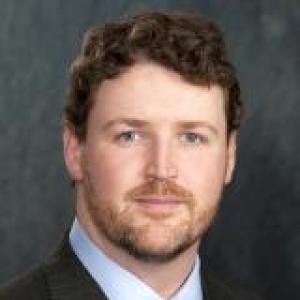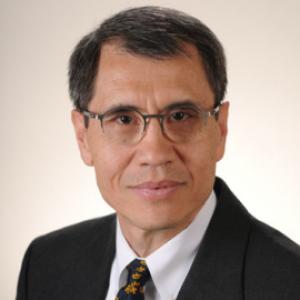Miles Thompson


Marilyn Smith is a Professor in the School of Daniel Guggenheim School of Aerospace Engineering at the Georgia Institute of Technology. She is director of Georgia Tech's Vertical Lift Research Center of Excellence (VLRCOE), where she leads a seven-university team of experts in vertical lift research for the U.S. Army, U.S. Navy and NASA. She has partnered with the Georgia Tech Research Institute (GTRI) to successfully win multiple research funding mechanisms for both organizations that total more than $200 million dollars.

Dr. J.V.R. Prasad is a professor in the School of Daniel Guggenheim School of Aerospace Engineering at the Georgia Institute of Technology working in the area of flight mechanics and control. He received his B.Tech degree from the Indian Institute of Technology, Madras, India and his M.S and Ph.D. degrees from the Georgia Institute of Technology, Atlanta, USA. He is currently a co-principal investigator and the associate director for the US Army, Navy and NASA sponsored Vertical Lift Rotorcraft Center of Excellence (VLRCOE) program at Georgia Tech.

E. Glenn Lightsey is the John W. Young Chair Professor in the Daniel Guggenheim School of Aerospace Engineering at Georgia Tech. He currently serves as the interim director for the Space Research Initiative at Georgia Tech. Previously, he was the director of the Space Systems Design Lab from 2016-2023 and Center for Space Technology And Research at Georgia Tech from 2019-2023.

Chen Zhou is the associate chair for undergraduate studies and associate professor in the Stewart School of Industrial and Systems Engineering at Georgia Tech.. Dr. Zhou's research focus includes sustainable supply chain, distribution system design and manufacturing systems. Dr. Chen is a member of the Institute of Industrial Engineers, Society of Manufacturing Engineers and American Society of Engineering Education. Dr. Zhou received a B.S. degree from Tianjin University (China) in 1982, an M.S. in mechanical engineering from Pennsylvania State University in 1984, and a Ph.D.

Sang's research and art practice focuses on robotic and computational tools that work together with human users. His vision proposes extreme synergies between machine tools and humans, with technology essentially becoming a natural extension of our hands. This way, he challenges the fear and criticism around AI and automation that they replace human endeavors, by showing how symbiotic machines can unlock new human explorations and aesthetics.